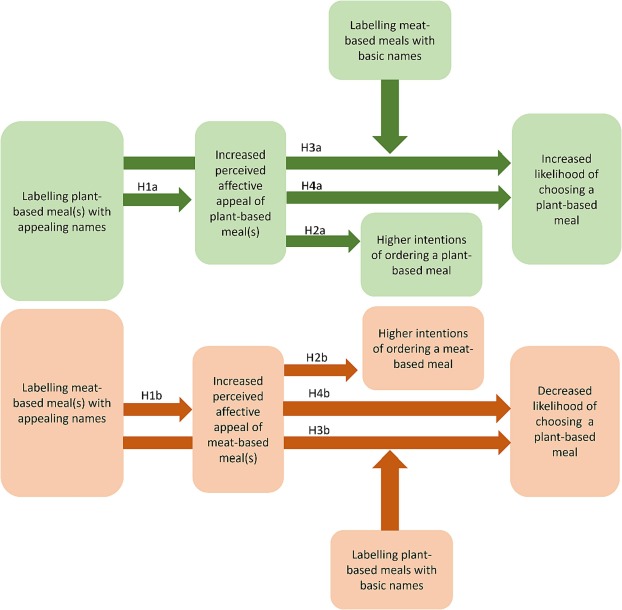Using more enticing naming on plant-based dishes could increase restaurant sales, according to a new study by the University of Queensland.
Published in the journal Food Quality and Preference, the UQ study notes that most restaurants in Australia name plant-based dishes in ways that portray them as healthy but bland in comparison to meat-based dishes.
It also shows that restaurants have previously opted for choice restrictive approaches to increase plant-based options such as offering fewer meat-based dishes, which can lead to customer complaints, loss of business, and increased food waste.
In addition, the study indicated that terms such as “vegan”, “vegetarian”, and “meat-free” can be off-putting to meat-eaters, who feel that these dishes are not intended for them.

The study points out how language has been effective in influencing behaviours such as smoking cessation and receiving vaccinations.
The UQ research team found that attractive naming significantly increased the appeal of plant-based foods – for example, five alternative names for a vegan burger showed promise, those being “Aussie burger”, “delicious Aussie burger”, “juicy Aussie burger”, “juicy American burger”, and “juicy smoky American burger”.
However, though the name changes attracted more meat-eaters to choose plant-based options, this result only only applied to specific subgroups, in this case, meat-eaters who are environmentally and health-oriented.

The study’s authors claim that around 25% of Australians fall into the environmentally and health-oriented category, whose ordering of plant-based meals increased by around 7% in the study with the new labelling. The authors emphasise that while this is a relatively low increase, the choosing of a vegetarian meal over a beef-based one saves around 17 kg of CO2e per meal, meaning small changes can still have a big impact.
The authors recommend that future behavioural interventions for plant-based restaurant options should be targeted towards specific market segments of meat eaters rather than use a “one-size-fits-all” approach.
To stay up-to-date on the latest industry headlines, sign up to Future Alternative’s enewsletter.
Posted on:


